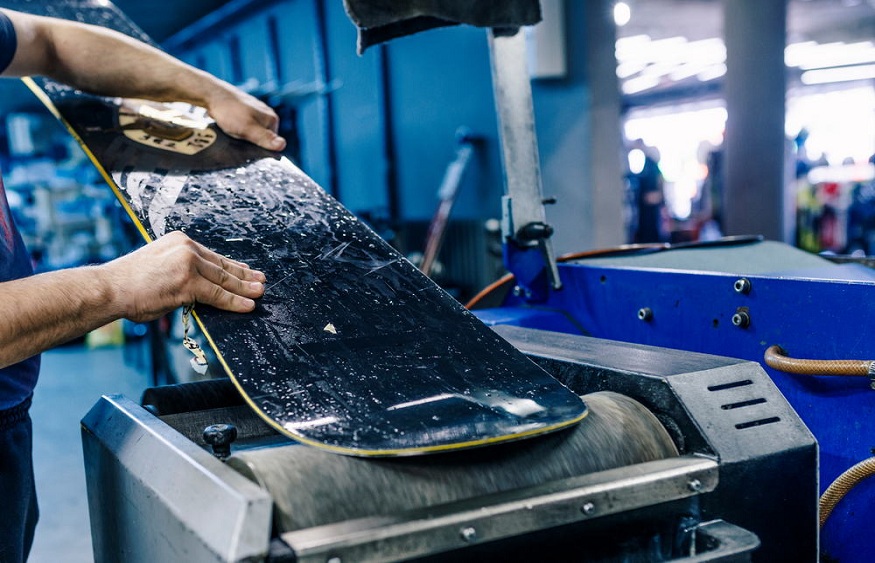As a passionate snowboarder, you know the thrill of gliding down the mountain, carving through the snow. But to keep that excitement alive and ensure peak performance, it is essential to maintain your snowboard. In the below paragraphs, we will explore why tuning your snowboard is crucial for riders of all levels.
Why Tuning Matters for Beginners
If you are just starting, tuning your snowboard is crucial for several reasons. First, a well-maintained board ensures your safety on the slopes. Sharp edges and a smooth base provide better control, helping you avoid accidents.
Second, tuning boosts your confidence as you learn new skills. A well-tuned board responds more predictably, allowing you to focus on perfecting your technique.
Additionally, tuning prolongs the snowboard’s lifespan. Regular maintenance prevents damage and wear, saving you money on equipment replacement in the long run.
The Significance of Tuning for Intermediate Snowboarders
As you progress in your snowboarding journey, tuning becomes even more critical. A well-maintained board offers enhanced control and maneuverability, enabling you to tackle more challenging slopes with ease.
Tuning also helps you adapt to various snow conditions. By adjusting your board’s edges and wax, you can optimize its performance for different types of snow and terrain.
Moreover, tuning prepares you for more advanced techniques, ensuring your equipment can handle new challenges as you push your limits.
The Necessity of Tuning for Advanced Snowboarders
For expert riders and those competing in events, tuning is indispensable. A finely tuned board allows you to tailor your equipment to your riding style, enabling you to perform at your best during competitions.
Likewise, tuning maintains optimal board performance, ensuring you can rely on your gear when it matters most. It also helps prevent accidents resulting from equipment failure, safeguarding both your safety and success.
The Snowboard Tuning Process
Tuning your snowboard involves several steps. Begin by cleaning your snowboard, removing any dirt or debris. Next, sharpen and bevel the edges to improve grip and control. Repair any base damage, such as scratches or gouges to ensure a smooth ride.
Waxing the base is crucial for optimal glide. Choose a wax suitable for the snow conditions you will encounter and apply it evenly using an iron. Finally, adjust and maintain your bindings to guarantee a secure and comfortable fit.
When to Tune a Snowboard
It is essential to recognize when your snowboard needs tuning. Signs include dull edges, a dry or damaged base, and inconsistent performance. The frequency of tuning depends on your skill level and the terrain you ride. As a general guideline, consider tuning every 5 to 7 days of riding or whenever you notice decreased performance.
Professional Tuning vs. DIY Tuning
Deciding between professional snowboard tunes and tuning your snowboard at home depends on your preferences and abilities. The experts at Salt Lake City-based Canyon Sports say that professional services offer expert knowledge and high-quality results, but there is an expense involved. Tuning your snowboard at home requires an initial investment in tools and learning the skills, but it offers long-term cost savings and the satisfaction of mastering a new aspect of snowboarding. Weigh the pros and cons of each option to determine the best choice for you.
Conclusion
In conclusion, tuning a snowboard is essential for riders of all levels, from beginners to advanced competitors. Regular maintenance ensures safety, improves performance, and prolongs the life of your equipment. By prioritizing board maintenance, you will maximize your enjoyment and success on the slopes. So, whether you go for a professional service or learn to tune your snowboard at home, make tuning an integral part of your snowboarding routine.

